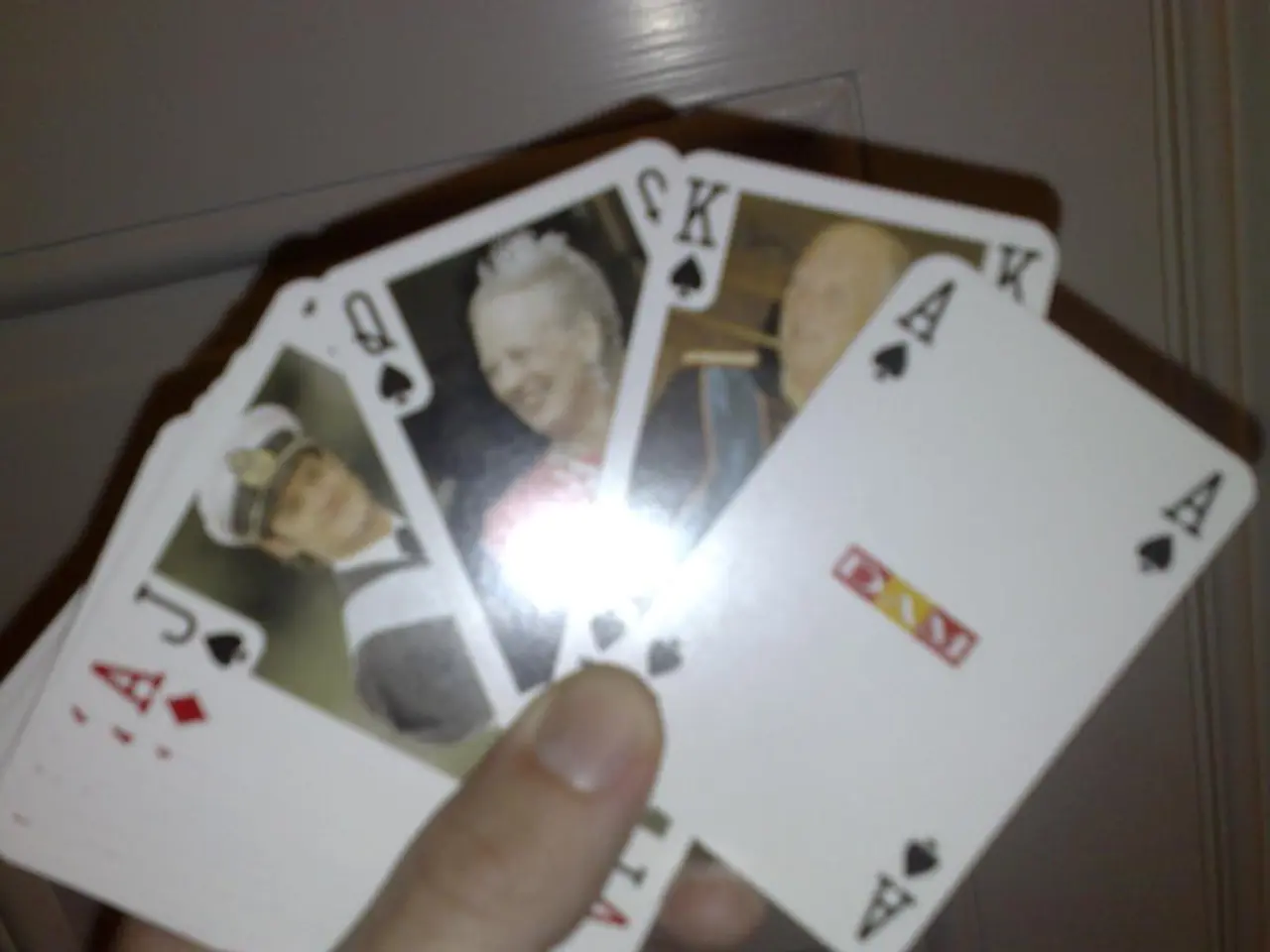New York State Faces Lawsuit by Cayuga Nation Over On-Reservation Gambling Revenues
In a significant development, a federal court has ruled that the Cayuga Nation's lawsuit against New York State over lottery sales on tribal land can proceed. The case, which challenges the state's operation of Class III gaming activities on the Cayuga Nation’s federally recognised reservation, has been denied the state's motion to dismiss.
Legal Grounds
The court confirmed its jurisdiction to hear the case and found that the Indian Gaming Regulatory Act (IGRA) does not bar the Nation from pursuing its claims in federal court. Under IGRA, Class III gaming (high-stakes gambling games) requires a negotiated compact between the state and the tribe. New York State allegedly operates these games on the Cayuga reservation without such a compact.
The Nation claims that New York’s unauthorized lottery operations constitute improper competition against tribal gaming enterprises and infringe on the sovereignty established under federal law.
Future Implications
While the ruling does not decide the merits, it allows the lawsuit to move forward, potentially leading to a significant test of the scope of tribal sovereignty under IGRA. If the Cayuga Nation prevails, it could reinforce tribal authority over gaming activities on their lands and require states to negotiate compacts before operating gaming enterprises on reservations.
This could impact how states manage lottery and other Class III gambling on tribal lands, potentially reducing unauthorised state gaming operations that compete with tribal casinos.
Background
The lawsuit originally named the New York State Gaming Commission, seven of its commissioners, and Jackpocket, a private mobile app. However, the Gaming Commission was removed from the case earlier this year, and Jackpocket was dismissed after the Nation reached a separate agreement with the company.
The Cayuga Nation operates four bingo-style casinos on its reservation under the Lakeside Entertainment brand. The Nation is asking the court to declare the state's lottery operations illegal on its land and to order them to stop. The Cayuga Nation argues that lottery sales within the reservation violate its sovereignty and federal law.
Clint Halftown, the federally recognised leader of the Cayuga Nation, stated that the state's presence on their land operating Class III gaming is illegal under federal law. Halftown emphasised that the Cayuga Nation is not against gaming, but against illegal gaming on their sovereign land.
[1] Cayuga Nation v. New York State
[2] Cayuga Nation Sues New York State Over Lottery Sales on Reservation
[3] Cayuga Nation's lawsuit against New York State over lottery sales on reservation moves forward
[4] Cayuga Nation's lawsuit against New York State over lottery sales on reservation can proceed
[5] Cayuga Nation's lawsuit against New York State over lottery sales on reservation: What you need to know
- The Cayuga Nation's lawsuit, which involves a challenge to the New York State Gaming Commission's operation of Class III gaming activities, particularly lottery operations, on the Cayuga Nation’s reservation, can proceed in federal court, as the court found that the Indian Gaming Regulatory Act (IGRA) does not bar the Nation from pursuing its claims.
- If the Cayuga Nation prevails in their lawsuit against New York State, it could reinforce tribal authority over gaming activities on their lands, potentially requiring states to negotiate compacts before operating gaming enterprises on reservations, and leading to a reduction in unauthorized state gaming operations that compete with tribal casinos.
- The New York State gaming commission, without a negotiated compact with the Cayuga Nation, is alleged to be operating Class III gaming, including lottery, on the Cayuga reservation, which the Cayuga Nation claims is improper competition against tribal gaming enterprises and an infringement on the sovereignty established under federal law.




